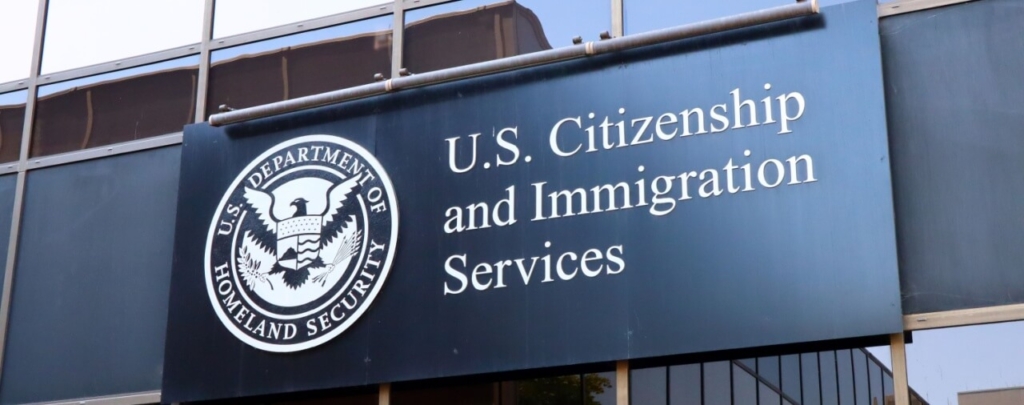On April 20, 2018, the United States Citizenship and Immigration Services (USCIS) published a news release detailing how its Los Angeles Fraud Detection and National Security (FDNS) unit assisted in the investigation and ultimately successful prosecution of two immigration fraud perpetrators [PDF version]. In this post, we will examine both of the immigration fraud cases discussed in the news release.
Woman Steals Identity of Attorney and Fraudulently Represents Clients
The first case involved Jessica Godoy Ramos, a 37-year old woman from Lynwood, California. Ramos was convicted for stealing the identity of a New York attorney and falsely representing herself as that attorney to unsuspecting foreign nationals. In this capacity, Ramos accepted tens of thousands of dollars from foreign nationals who retained her to file immigration petitions on their behalf. In some cases, Ramos actually filed forms while in other cases, she did nothing. Ramos created counterfeit immigration parole documents to falsely represent to clients that she had successfully represented them. Ramos was sentenced to 15 months in prison for her crimes and was ordered to pay $29,693 to 16 identified victims.
Ramos’ immigration fraud is highly disturbing, from her stealing the identity of an attorney to her using that stolen identity to defraud needy individuals of tens of thousands of dollars. The case highlights the importance of ensuring that any individual who represents him or herself as an attorney is reputable. Local bar associations will assist the public in verifying this important information. Those who become aware of an immigration scam may consult the USCIS website at www.uscis.gov/avoid-scams/report-scams.
Pay-to-Stay Scheme Involving California Schools
The second case involved the conviction of Hee Sun Shin, a 54-year old man from Hancock Park, California. Shin was the owner of four schools in California. In this capacity, he enrolled hundreds of foreign nationals in order to allow them to fraudulently procure immigration documents in a pay-to-stay scheme. These individuals seldom if ever attended classes. As a result of Shin’s conviction, he was sentenced to 15 months in federal prison and ordered to forfeit more than $450,000.
It is important to remember that an individual who obtains a student visa to study in the United States must abide by the terms and conditions of that visa. We discuss requirements for F1 and M1 student visas and J1 exchange visitor visas in the Student Visas section of our website [see category]. An individual who obtains a student visa as part of a pay-to-stay scheme will likely be subject to removal in addition to other immigration penalties.





